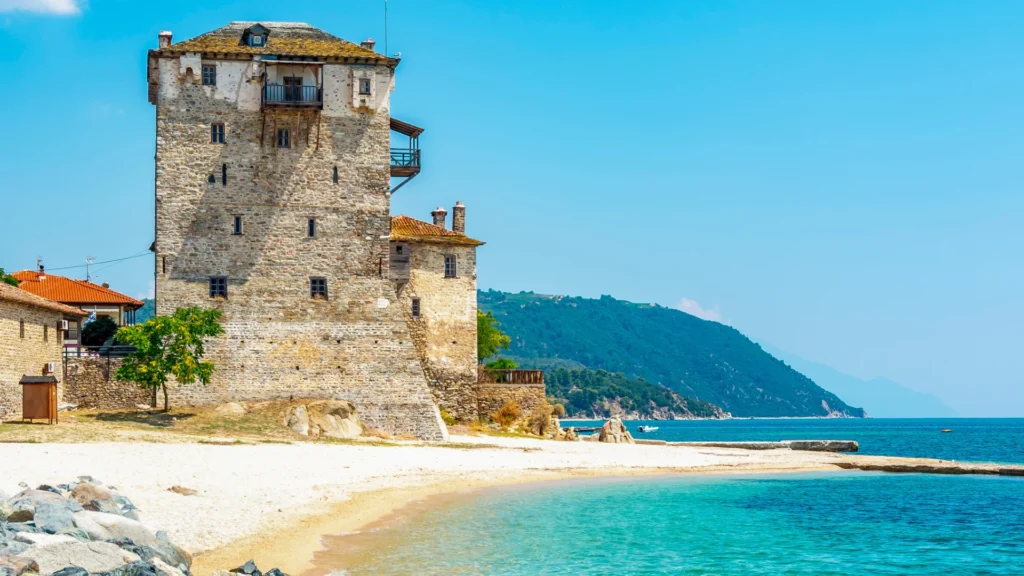The Byzantine Empire in ancient Greece
The Byzantine Empire in ancient Greece acted as a vital bridge between the classical world and the Middle Ages. It deeply respected Greek culture. This empire significantly contributed to Greek Christianity, art, and architecture, leaving an indelible mark. Byzantine military strategies, inspired by the Greeks, played a pivotal role in maintaining territorial control.

Ancient Greece: The Byzantine Empire
Introduction to Byzantine Greece
The Byzantine Empire, rooted in the Eastern Roman Empire, inherited and preserved many aspects of Greek culture, serving as a bridge between the ancient world and the medieval era. In Greece, the Byzantines continued the Greek legacy while leaving their own indelible mark.
Greek Influence on Byzantine Culture
The Byzantines held profound respect for Greek language, philosophy, and art. Ancient Greek texts, including those of Aristotle and Plato, were diligently preserved and studied. This intellectual heritage profoundly influenced Byzantine thought, shaping their theology and worldviews.
Byzantine Contributions to Greek Culture
The Byzantine Empire’s Christianization of Greece had a profound impact on religious life. Churches, such as the Hagia Sophia in Thessaloniki and the Rotunda in Thessaloniki, exemplify Byzantine architectural prowess. Iconography became a vital aspect of Byzantine worship, further influencing Greek religious art.
Byzantine Greece’s Military Strategies
Byzantine military strategies were deeply influenced by their predecessors, the ancient Greeks. Their use of the Macedonian phalanx and Roman legion tactics proved effective in defending Byzantine territories and maintaining control over Greece.
Byzantine-Greek Conflict and Influence
Throughout its history, the Byzantine Empire faced territorial disputes and conflicts with various Greek factions, notably the Peloponnesian War and the Battle of Philippi. These conflicts often arose due to shifting loyalties, political intrigues, and regional aspirations.
Significant Byzantine Cities in Greece
Thessaloniki, strategically located on the Thermaic Gulf, became a key Byzantine city. Its position facilitated trade, making it a thriving commercial hub. Philippi, known for its historical significance in the Roman civil wars, retained its strategic importance during the Byzantine era.
Conclusion
The Byzantine Empire’s reign in Greece not only preserved the rich heritage of ancient Greece but also contributed to its evolution. Through their admiration for Greek culture and strategic prowess, the Byzantines left an enduring legacy that is still visible in modern Greece’s language, religion, and art. This chapter of history underscores the enduring influence of Greece’s cultural and intellectual contributions on the world stage.
